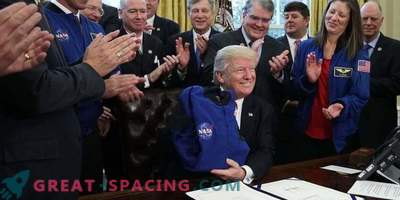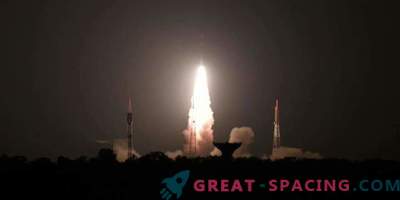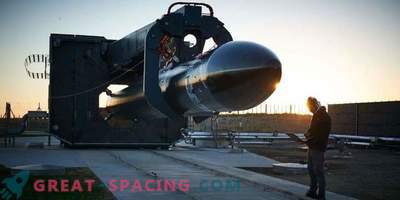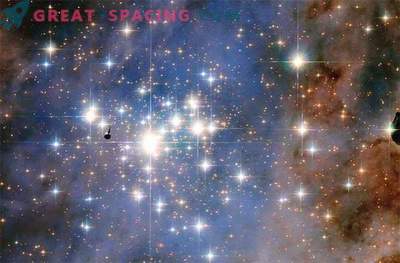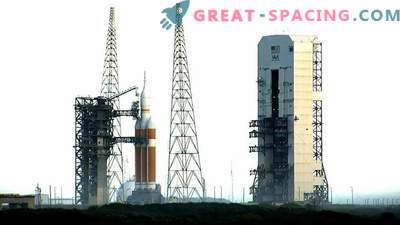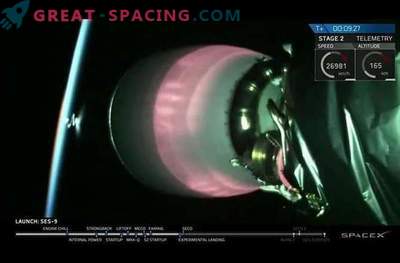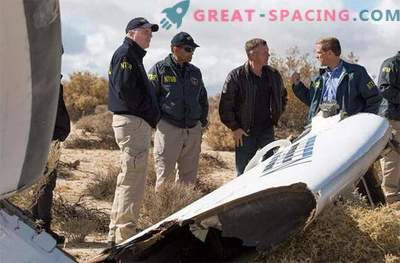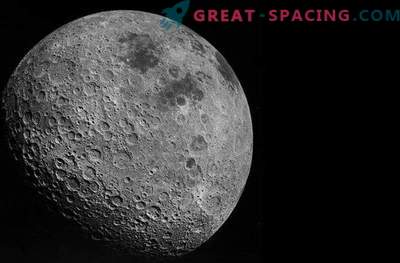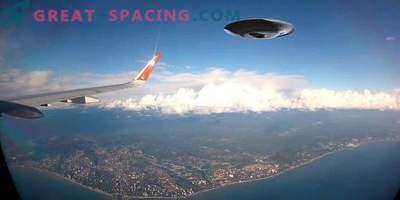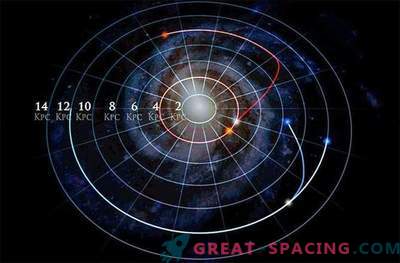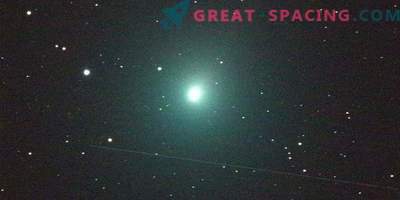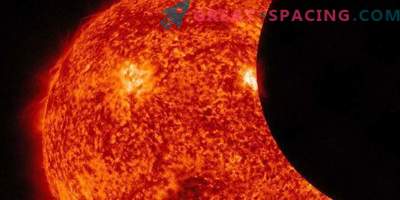
Over the past 20 years, Australia has been trying to conquer its market share in a profitable commercial space industry. In some aspects, the country has done well. One of the most advanced land systems is present here, and unpopulated areas allowed the installation of a “Square Kilometer Array”. But the Australians have little chance to start from the continent.
Early launch plans
The law on space activities (1998) was adopted in accordance with the plans of Kistler Aerospace to create a space center in Woomera. The act focused on operations that were carried out at that time. Australia has aroused great interest among foreign companies who dreamed of using geography to launch rockets.
But now is the year 2018 and not a single space operator has yet taken advantage of this opportunity. In 2015, the federal government announced a review of the law, recognizing that regulation is an obstacle to space activities. In early 2017, after a long consultative period, they recognized the need for reform, recommending the replacement of the law.
Raising the space agency
The government also announced the creation of an Australian space agency. Megan Clark will be in charge, and the agency itself will be created on July 1, 2018. Many believe that in this way Australia will underline its interest in the space field.
A year after the publication of the document, the draft law on introducing changes and additions to the law on space activity (launch and return) received the second reading in the House of Representatives on May 30, 2018. Despite a long consultation period, this is just a revision of an existing law.
Limited changes in legislation
The bill aims to expand the regulatory framework and the scope of the law, reduce the cost of operators and eliminate barriers to entry.

Another launch of SpaceX from Florida
There is a reduction in insurance requirements for operators from $ 750-100 million. The bill simplifies the launch of space objects from aircraft, recognizes the predominance of foreign markets for launching operations and introduces the possibility of launching missiles above the 100 km mark.
The content of the law remains the same and earlier operators complained that the points seemed vague. Most of the changes will affect only the names. For example, the “space license” will become a “license for objects”. Space operators are not quite sure whether they should base their companies in Australia or it is easier to go abroad, because the country will only give permission after providing a strategy to prevent the formation of space debris.
Achievements abroad
If we consider projects abroad, we can see a lot of new domestic laws that encourage commercial activities. Recent examples include the UK Space Industry Act (2018), the New Zealand Outer Space Act and the High Altitude Act (2017), as well as many American regulations. They all recognize the need for regulation in orbit.
In accordance with the UN space treaty, the country is obliged to sanction and constantly monitor the activities of non-governmental organizations in outer space. But the current Australian law and the new bill can not yet do it.
